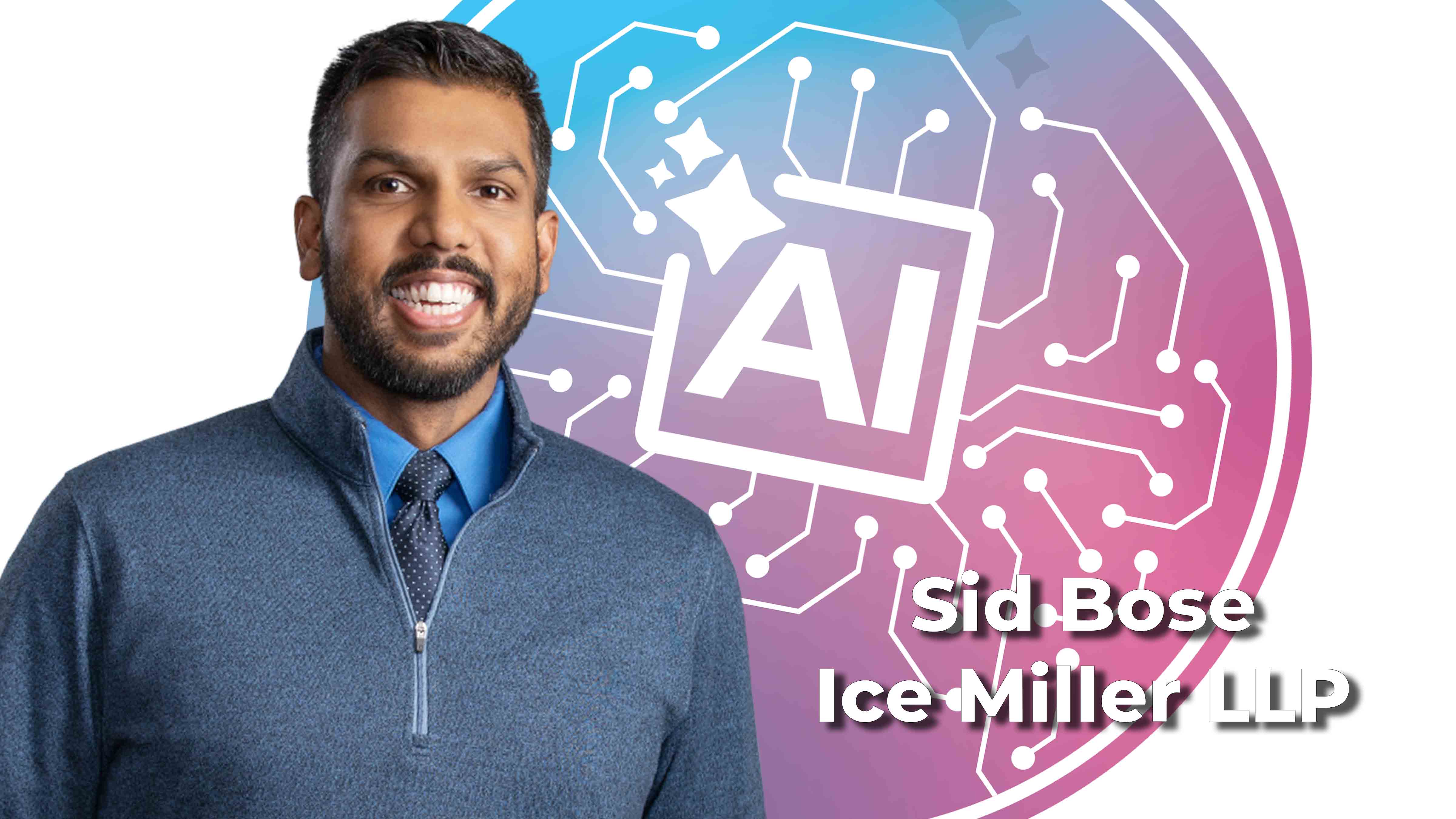Here's How AI Poses Ethical, Legal Issues to Content Producers
Attorney Sid Bose explores how GenAI is being used in the Pro AV space—and whether or not that's a good thing.

Today, it is possible to produce convincing, realistic, full-motion videos using generative AI. Attorney Sid Bose knows plenty about GenAI. That’s because he's the chair of Ice Miller's Data Security and Privacy Practice in Indianapolis, and he counsels clients on compliance, cybersecurity, and privacy on a daily basis.
“There’s really a tremendous amount of use cases for AI in the Pro AV space,” said Bose. “When we speak particularly about the idea of generative AI and the possibilities that it provides, there's a lot of content that is coming out of AI engines and AI platforms: Everything from multimedia, descriptive content, language translations, and even just written material is being heavily produced within AI.”
But when does using AI to create content potentially cross the line on ethical grounds? “The primary concern for a lot of commentators and users of AI is just the general idea of taking the human out of the loop,” Bose told SCN. “When we think of a video or something as simple as a written paragraph, substituting human judgment and know-how for what is essentially an algorithm gives rise to a lot of concerns on many different fronts.
"If you think of AI as a ‘monkey see, monkey do’ scheme, the quality of an AI’s output relies on the quality of the data that it's fed and trained on to be able to generate the content that it does. The question then becomes do you trust how the AI tool has been trained? And are you relying on whatever's coming out of the AI tool with minimal or very little oversight from a human being? That certainly raises a lot of potential ethical issues for a lot of folks and organizations.”
The legal lines that AI-generated content may cross also concerns Bose. For example, consider copyrighted intellectual property created by humans. “There's a lot of commentary out there about the training of AI tools,” he offered. “Many publishers and authors who have created content suspect that their creations are being used to train AI tools. In the process of doing this training, some of the content that's being generated out of these AI tools may reflect some of the originally authored content used for training purposes. And so intellectual property issues are another big area of concern when it comes to generative AI.”
Privacy is another legal issue that could crop up with the use of GenAI. According to Bose, any time you submit information to an AI platform, it might be confidential, proprietary, private, or sensitive—and that information could be inadvertently disclosed to an unauthorized user by the AI engine. "So, there are huge implications from a privacy standpoint, a confidentiality standpoint, and possibly even a trade secret standpoint," he added.
A daily selection of the top stories for AV integrators, resellers and consultants. Sign up below.
How well is the Pro AV industry dealing with these AI-related ethical and legal issues? "I think it's a mixed bag," Bose admitted. "I think there are certain companies and organizations within the AV industry that are getting very sophisticated about these issues and starting to address them. At the same time, there's a certain demographic that isn't nearly as sophisticated as this, and I think that this is understandable.
[On Your Business: AI's Impact in Pro AV]
"So, a lot of times my answer is going to be the 'lawyer' answer: It really does depend on the sophistication of the organizations, and the use cases around AI within those respective companies, that are ultimately going to dictate how well they're handling these issues. Because generative AI is so new, its capabilities are still being fleshed out and understood to this day, which is why I don't think we're going to solve these issues anytime soon."
James Careless is an award-winning freelance journalist with extensive experience in audio-visual equipment, AV system design, and AV integration. His credits include numerous articles for Systems Contractor News, AV Technology, Radio World, and TV Tech, among others. Careless comes from a broadcasting background, with credits at CBC Radio, NPR, and NBC News. He currently co-produces/co-hosts the CDR Radio podcast, which covers the Canadian defense industry. Careless is a two-time winner of the PBI Media Award for Excellence.

